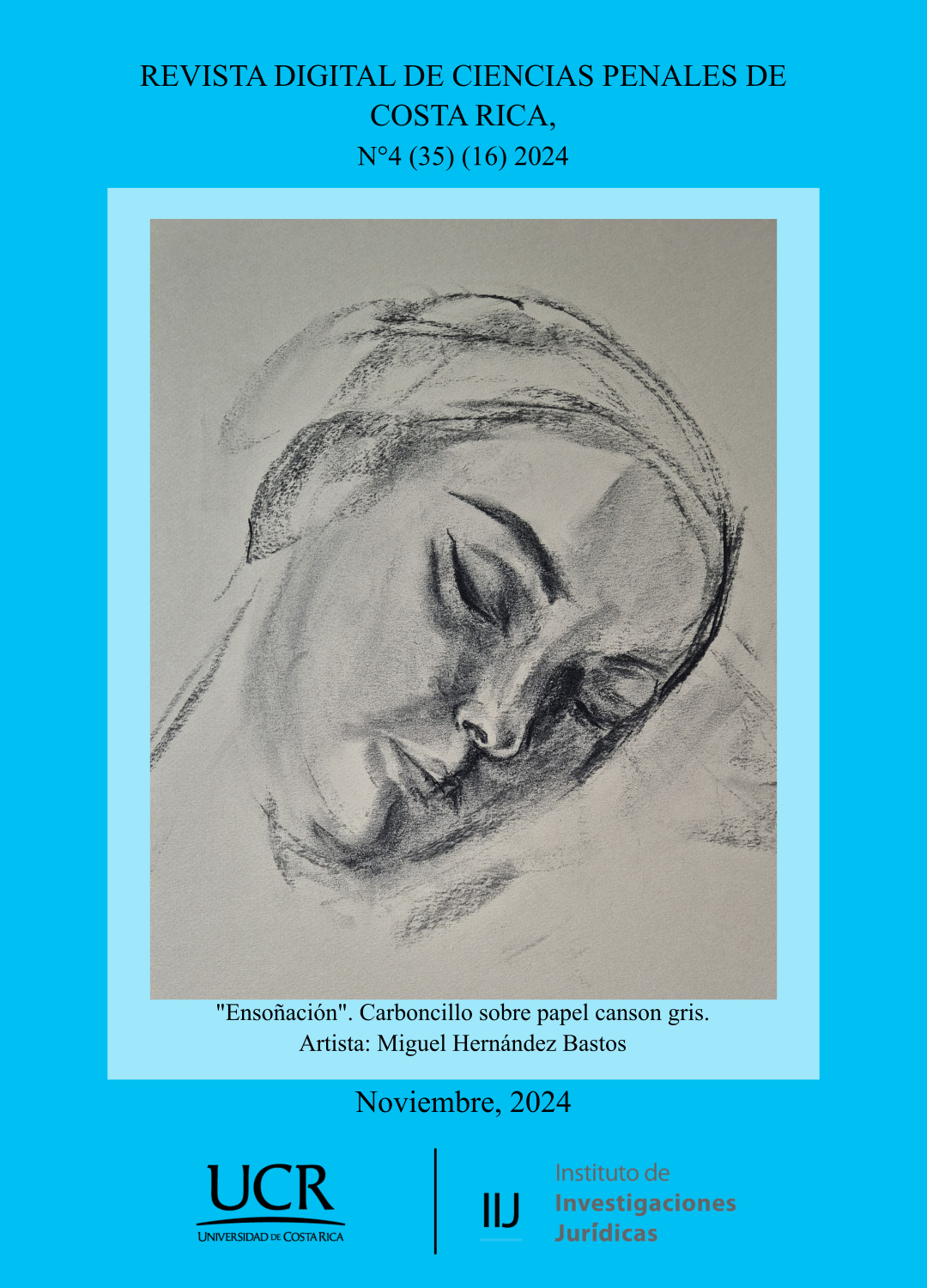Abstract
The purpose of this article is to analyze the acquittal excuse as a normative regulatory strategy that prioritizes the criminal prosecution of officials over individuals in the crime of bribery; Therefore, the study adopts a qualitative methodological approach, of a descriptive-explanatory type, with a documentary design, allowing for the systematic analysis of the bibliography linked to the research topic. In Peru, corruption is the main criminal problem in the country, since there is regulatory inefficiency and absence of strategic regulation to avoid discouraging individuals from reporting cases of corruption. Added to this panorama is the disadvantage of the clandestine nature of the criminal offense. called bribery, which does not make it possible to know real figures of its attendance because the third party outside the public service prefers to keep its actions hidden for fear of facing criminal justice, also hiding the illicit consummated by the official who accepts the bribe.

